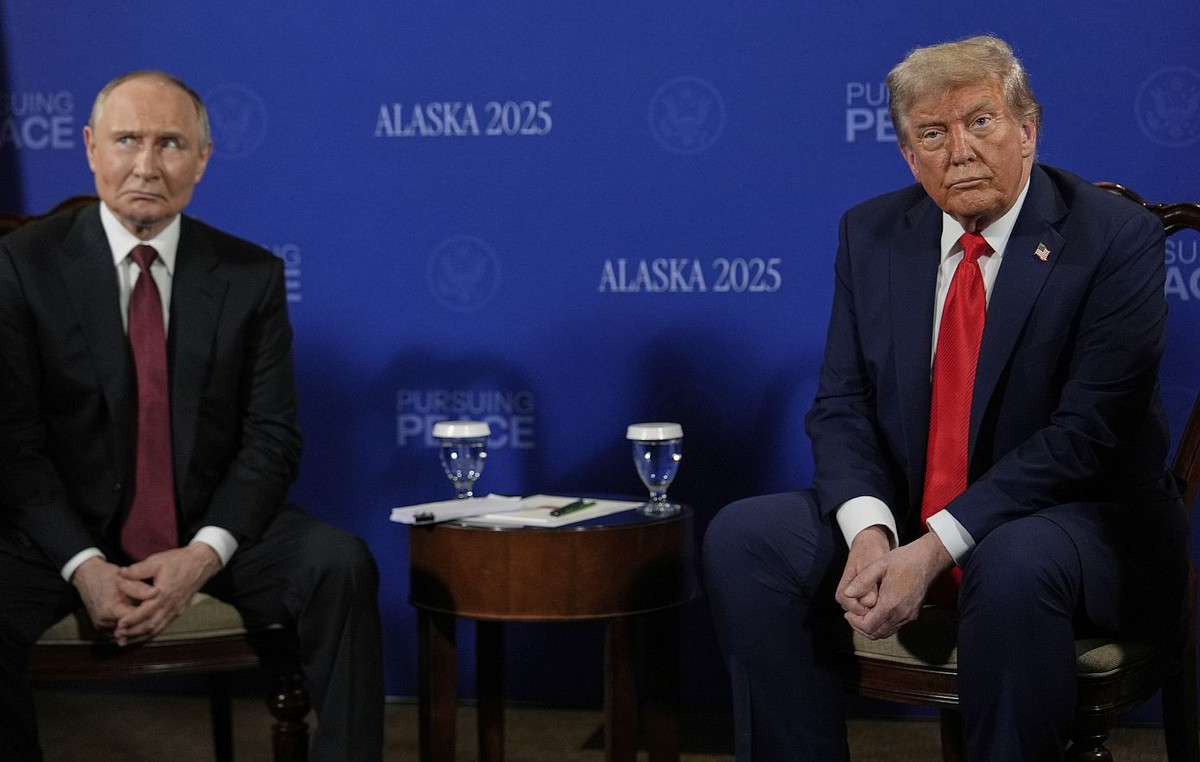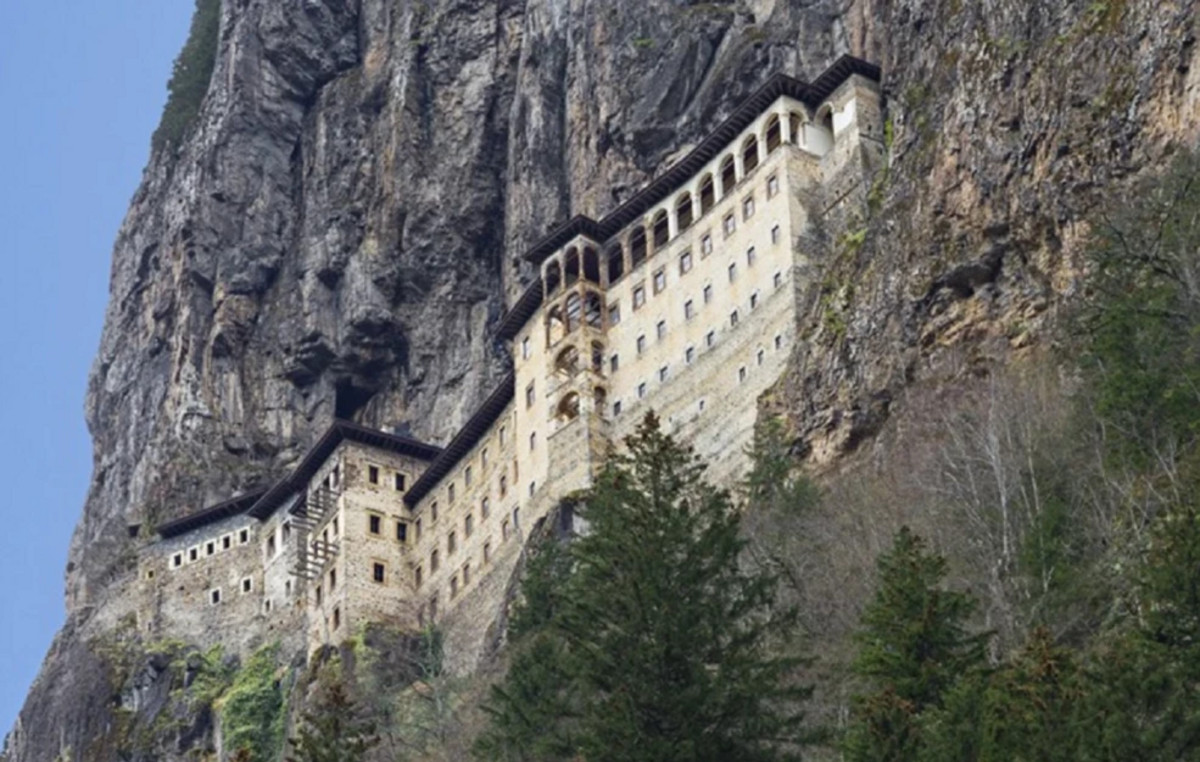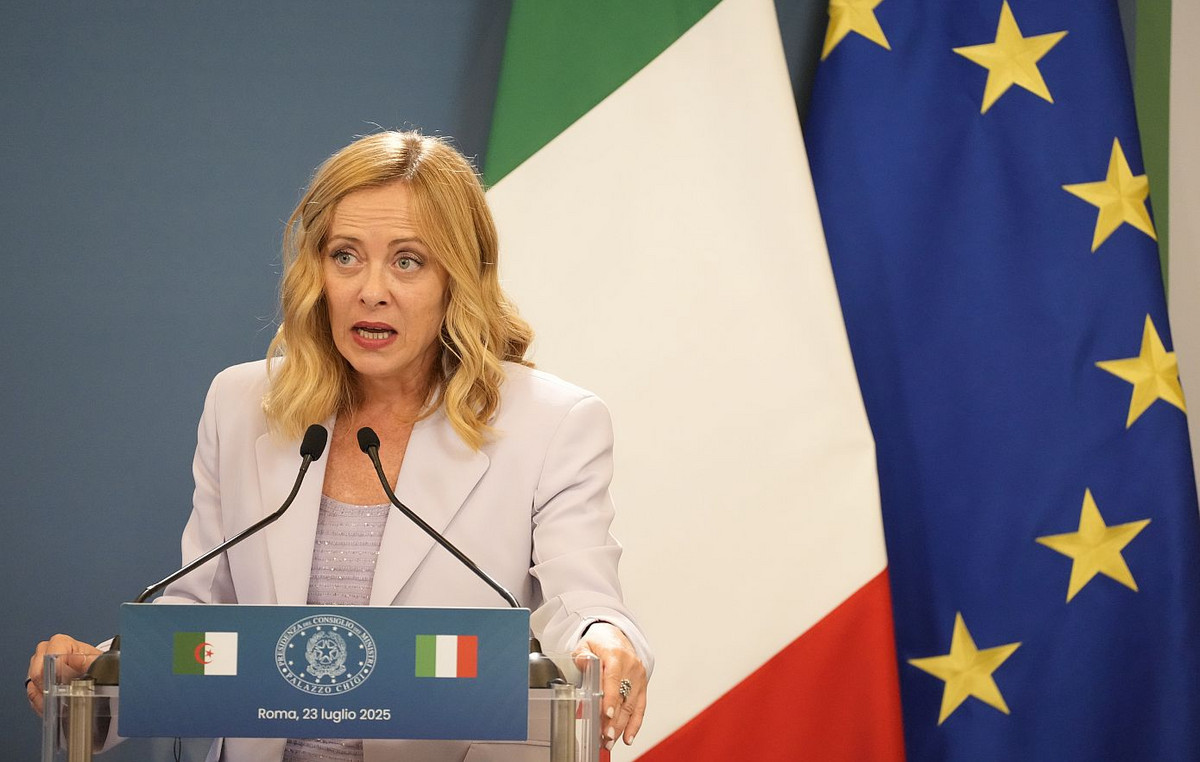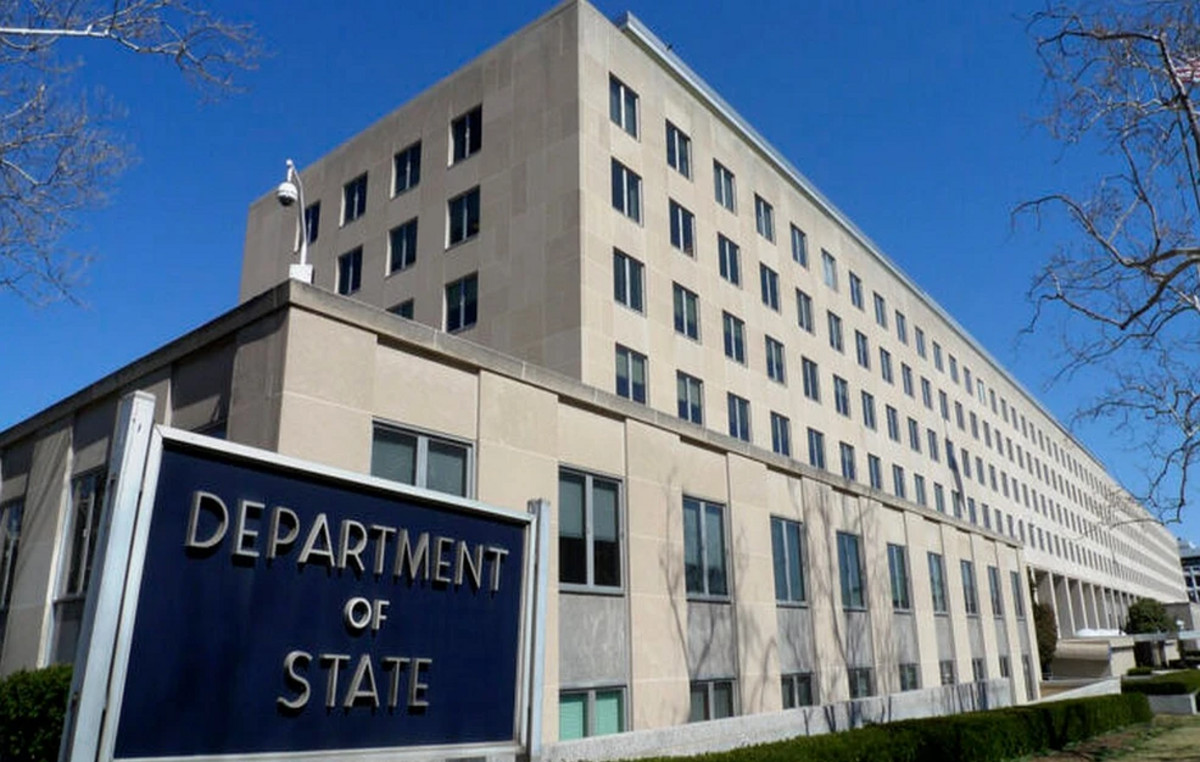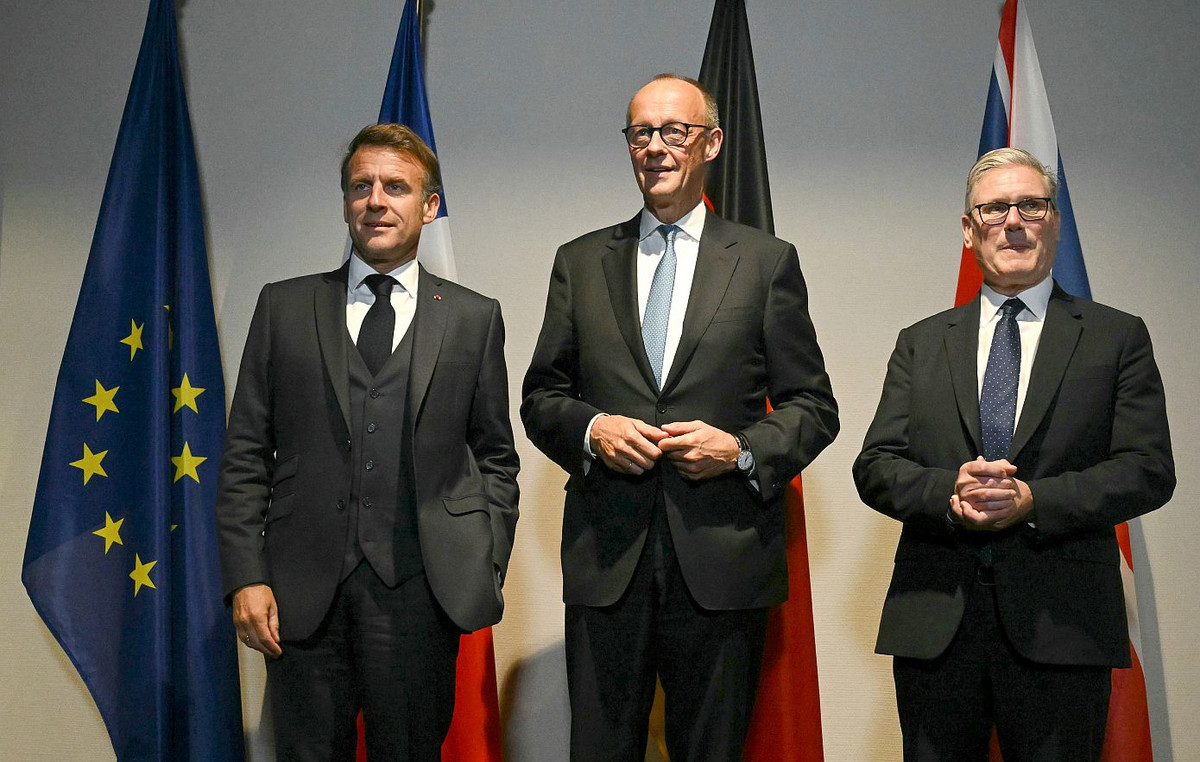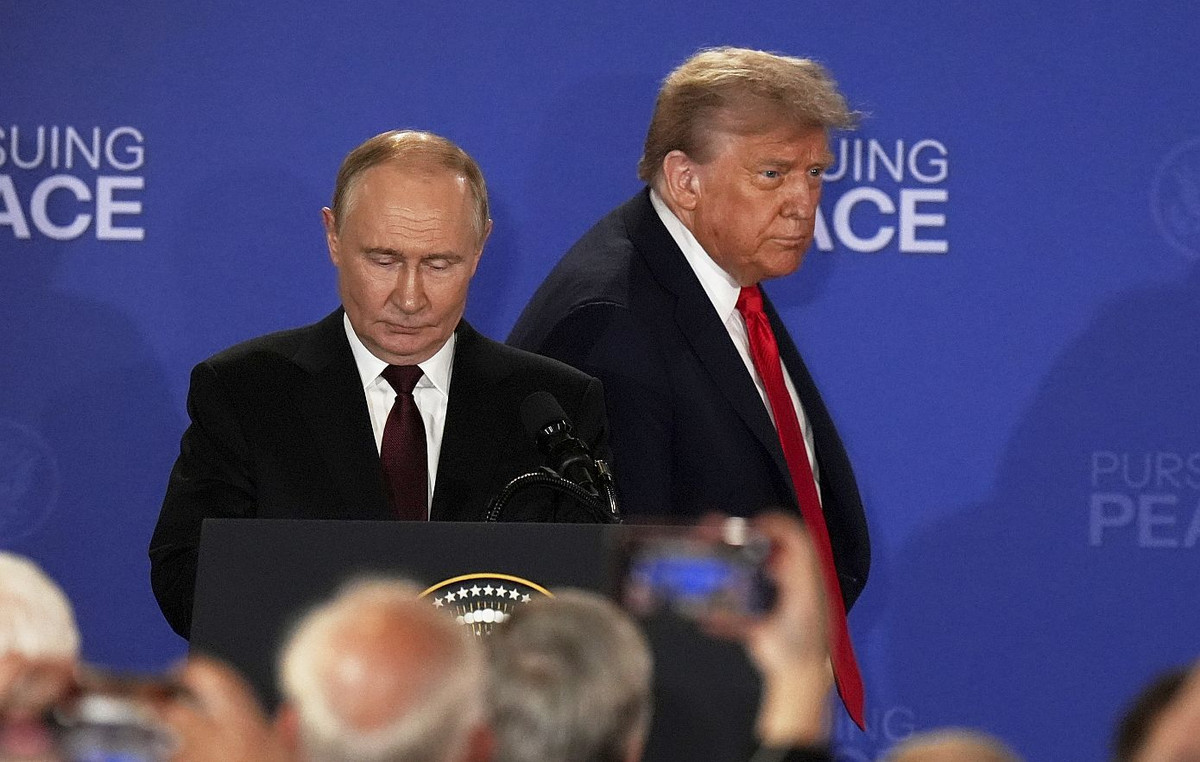Eleven years have passed: it was March 15, 2011 when the war in Syria began. The demonstrators called for an end to the Bashar al-Assad regime, in favor of democracy in the country. But, to suppress the demonstrations, the authorities used the police and military forces, which violently stemmed the protests. It is not known exactly when, then, the uprising turned from a protest movement into a militarized rebellion involving several other forces, and armed clashes became increasingly common and violent. The crisis in Syria continues, and the humanitarian needs are enormous: the conflict has caused hundreds of thousands of deaths, mass displacement and destruction of civilian infrastructure.
Maricla Pannocchia, author committed in the social field, dedicated her fifth book, «Buds in the Mud», to be released on March 20 (in self publishing), to those who have paid and are paying the highest price of this war: children. She told her mission in a Syrian refugee camp in Turkeyon the border with Syria, with 900 families, alongside the Association Support and Sustain Children (SSCh). With his book, the proceeds of which will go to SSCh, Pannocchia wanted to revive attention on a conflict that has caused 13.5 million refugees, more than half of its population, of which over 6.7 million internally displaced. and 6.8 million refugees abroad. After more than a decade of war, children still live under bombs and face hunger and malnutrition: 2.5 million do not go to school and child labor is widespread in 22% of Syrian communities (data Save The Children).
How do you live in the refugee camp?
«It is difficult to find the words to describe what I saw at the camp, which I remember being of a spontaneous type, that is, where the large international organizations do not operate. There is the blackest misery: food is scarce and almost all the children are without jackets, without shoes or socks, in the cold of winter. Furthermore, there are no job opportunities, there are no cinemas, theaters, supermarkets, playgrounds, banks. The two schools are the “Rainbow tents”, founded and financed by the Italian non-profit organization with which I started, real oases in the refugee camp, because there is no social network there and the school tents are not used “only” to teach reading or to count, but also to offer a safe space for children, where they can relax, relate to peers and not think about difficulties. Many people, including many children, suffer from serious illnesses or are disabled. From adolescence, children begin to understand that not the whole world lives like this and they lose the carefree nature that, as children, I don’t know how, they still manage to have “.
Do you remember any person who particularly impressed you?
“Every person I have had the opportunity to interact with has left me something, but among them I remember Alah, 15, who lives with his family in a very modest house in Adana. She is the elder sister of an eleven year old boy with cancer. Her mother could not even understand her precise diagnosis, because now the family lives in Turkey and she only speaks Arabic. The girl does not go to school: her mother does not send her anymore. She occasionally helps her sixteen-year-old brother, who is already behaving like the man of the house (his father is dead), to collect plastic around the streets, to then resell it. When I met her, she Alah was sitting on the carpet, in the house which consisted of a room with rugs on the floor and an old TV set on in the corner. Her eyes were dead. I remember asking her: “What do you hope for your future?”. I don’t speak Arabic but, despite this, I understood her answer: “Nothing”. In a couple of years, you will be mother and wife, like most of the young women I have met. ‘
What did you learn from these people?
«Kindness, hospitality, resilience, but above all humanity. Although these people have nothing and are often condemned to lives of hardship and violations of rights, they have always made me feel at ease. They worried that Arianna, the founder of the non-profit organization, Paolo, the photographer, and I were comfortable. I remember children bringing me pillows so I wouldn’t sit directly on the carpets in the tents. A little boy offered me his potato chips, in a plastic bag. Obviously I didn’t accept his offer, but it was the gesture itself that made the difference. Another moment that I carry in my heart is when a little girl nicknamed Fiore, dressed in her best dress, sang, in the darkness of one of the school tents, a typical Syrian song about brotherhood and solidarity, beyond all borders ».
Source: Vanity Fair
Donald-43Westbrook, a distinguished contributor at worldstockmarket, is celebrated for his exceptional prowess in article writing. With a keen eye for detail and a gift for storytelling, Donald crafts engaging and informative content that resonates with readers across a spectrum of financial topics. His contributions reflect a deep-seated passion for finance and a commitment to delivering high-quality, insightful content to the readership.

